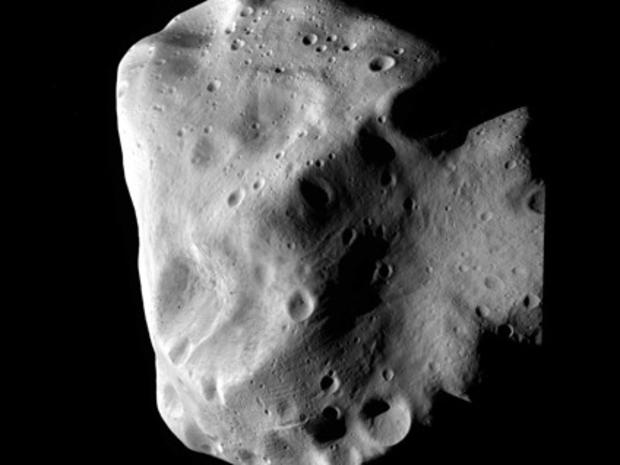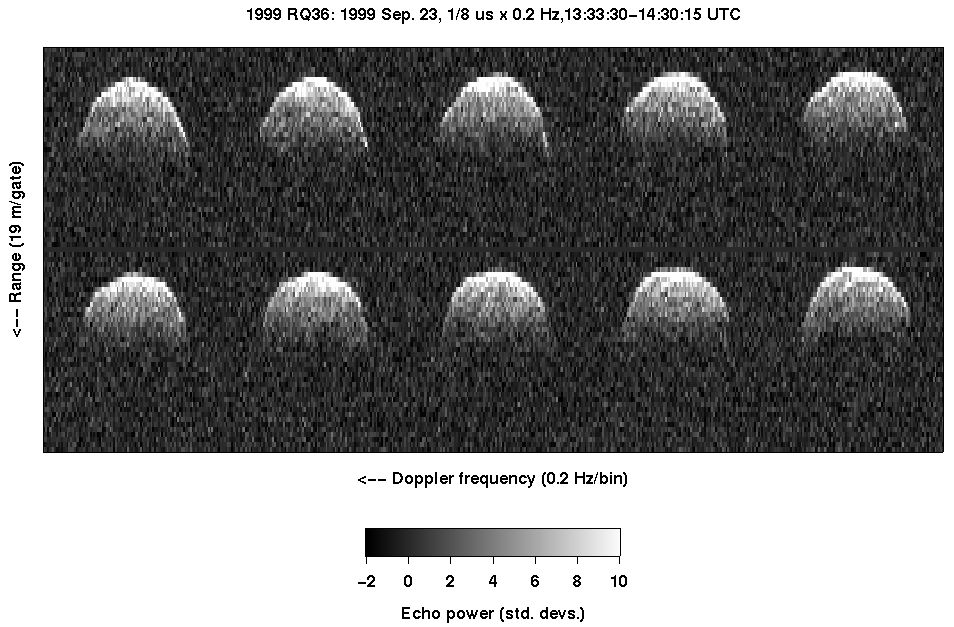Scientists Lower Odds of 22nd Century Asteroid Collision
A scientific bar bet about an event expected to take place in the latter part of the next century may turn out to be a dud.
Scientists now believe that the odds a potentially hazardous asteroid will collide with the Earth are one-in-a-thousand (More than half of this probability indicates that this could happen in the year 2182.)
The asteroid, known as 101955) 1999 RQ36, measures approximately 560 meters in diameter. When it was discovered in 1999, the asteroid raised concerns in some scientific circles about the possibility of an earth collision sometime during the 22nd century.
Headlines about an asteroid hurtling our way naturally fed into pop culture fears of a "doomsday" scenario, especially after scientists noted that there were anywhere from 500 to 1,000 big asteroids - as well as what they described as "other near-Earth objects (NEOs) - which might pose a threat to the Earth. But according to Maria Eugenia Sansaturio, co-author of a trans-national study and researcher at Spain's Universidad de Valladolid, the chances of 101955) 1999 RQ36 winding up in our backyard are 0.00092.
Given such a remote possibility of impact, the study still allows the possibility of short-term changes in direction, which may influence the future course of 1999 RQ36. The asteroid is believed now to be behind the Sun and will next be observable only in the spring of 2011.
In a worst-case scenario where the asteroid was on a collision course with Earth 2182, scientists would be able to sound a warning in 2082. While that may sound like ample time to prepare a way to deflect the asteroid off course, it's not, given what now passes for state-of-the-art technology.
"In case a deflection is needed for an Earth impactor, the available time is a non-renewable "scarce resource," the study's co-authors caution.
Instead of waiting for hypothetical technological advances, they suggest it would be wise to pour more effort into monitoring and thus extend "the predictability horizon" of the asteroid to get an earlier jump - just in case.

